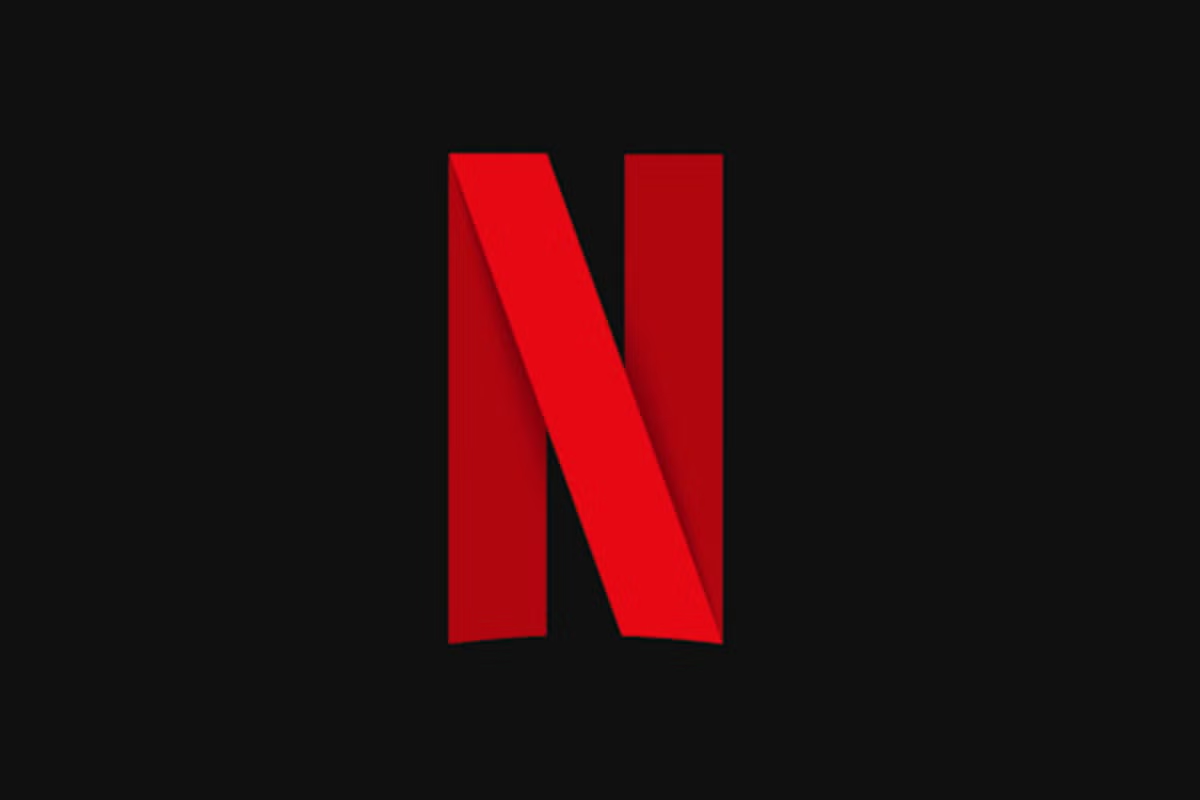Netflix entered 2025 on a high note, riding a wave of record-breaking subscriber growth and surging viewership across Asia. Yet the company is simultaneously retreating from earlier experimental initiatives and recalibrating its content and platform strategy. The streaming behemoth, now with more than 300 million subscribers worldwide, is redefining what it means to lead in a market saturated with competition, scrutiny, and rapidly evolving audience demands.
Subscriber Surge and APAC Momentum
In the fourth quarter of 2024, Netflix added approximately 19 million subscribers—the highest quarterly increase in the company’s history—bringing its total global subscriber count past 300 million. The achievement stunned industry watchers and analysts alike, with Bernstein analysts reportedly double-checking the numbers, suspecting a data error. The driver behind this growth was twofold: an aggressive expansion of Netflix’s ad-supported tier and a content lineup that resonated across diverse global markets.
Particularly notable was the platform’s performance in the Asia-Pacific region. Netflix reported that APAC film viewership increased by nearly 20% in 2024. This growth was driven in part by regionally tailored content, including the Japanese action-comedy City Hunter, South Korea’s martial arts drama Officer Black Belt, and India’s historical thriller Maharaj. Netflix executives emphasized the importance of developing localized stories that could travel internationally, a strategy that appears to be paying off.
Rethinking Gaming: A Quiet Exit
Despite its public push into the gaming industry just a few years ago, Netflix has begun to walk back its ambitions. In early April 2025, the company confirmed the discontinuation of its interactive fiction platform, Netflix Stories. The mobile app, which featured gamified storylines based on hit shows like Emily in Paris and Selling Sunset, will no longer see new content. Planned releases for Ginny & Georgia and Outer Banks sequels were shelved as part of the platform’s wind-down.
The retreat coincides with internal leadership changes. Mike Verdu, the company’s inaugural head of games and later VP for generative AI in gaming, departed the company in early 2025. Alain Tascan, who joined Netflix from EA and Ubisoft, had taken the reins in mid-2024. Though Netflix maintains it remains committed to gaming, the closure of Netflix Stories signals a strategic narrowing of focus—perhaps toward more traditional or console-integrated game development.
Sports Streaming: Focused, But Not Traditional
Another strategic restraint appeared in the sports category. In April, Netflix CEO Ted Sarandos confirmed that the company is unlikely to pursue a broadcasting deal with the UFC, despite ongoing speculation amid the expiration of the UFC’s deal with ESPN. Instead of committing to full-season contracts, Sarandos reaffirmed Netflix’s focus on one-off live events that align with “breakthrough” branding moments.
This approach echoes previous Netflix events such as the Chris Rock live comedy special and the global fanfare of the Squid Game: The Challenge reality competition. By avoiding the expensive and logistically complex world of traditional sports broadcasting, Netflix is choosing high-impact, episodic events that maximize buzz without requiring long-term commitments or infrastructure.
Content Breadth and Celebrity Collaborations
While pulling back in some areas, Netflix continues to broaden its content horizons elsewhere. The platform has been heavily promoting new series like The Four Seasons, a comedy starring Tina Fey and Steve Carell, and developing an expanding library of international titles. Recent headlines also suggest an aggressive investment in Korean content, including its first original animated film from Korea and the horror-fantasy series Perfect Job.
Netflix also remains keen on nostalgia and classic cinema. The streamer announced a curated screening series in New York featuring works by Alfred Hitchcock, including Rear Window, Vertigo, and The Birds. These additions aim to court both cinephiles and younger viewers unfamiliar with golden-age film icons.
Controversies and Cultural Headlines
Not all headlines have been celebratory. Meghan Markle, who has an ongoing content deal with Netflix, was the subject of multiple tabloid stories alleging poor on-set behavior and the unexplained absence of her culinary contributions at a Netflix-themed restaurant event. Meanwhile, the British series Adolescence faced controversy after Elon Musk amplified unfounded claims about its content, forcing Netflix to defend its educational use in Dutch schools.
Perhaps the most eyebrow-raising moment came with the resurfacing of Kevin Spacey’s House of Cards character in a promotional skit for comedian Tim Dillon’s Netflix special. The cameo drew both curiosity and criticism, highlighting the thin line Netflix often walks between edgy marketing and reputational risk.
The Bigger Picture: A Platform in Transition
The convergence of Netflix’s choices reveals a company shedding excess and sharpening its identity. It is abandoning half-formed experiments like Netflix Stories while doubling down on areas of proven success: international expansion, live event experimentation, and character-driven premium content.
As the streaming landscape matures and consumer attention continues to fragment, Netflix’s ability to pivot with precision will determine its staying power. While 2025 has already delivered impressive subscriber wins and regional growth, the real test lies ahead: sustaining momentum in a marketplace where novelty fades fast.
With a clearer sense of what works and a willingness to walk away from what doesn’t, Netflix appears poised not just to survive the next evolution of streaming, but to lead it.


